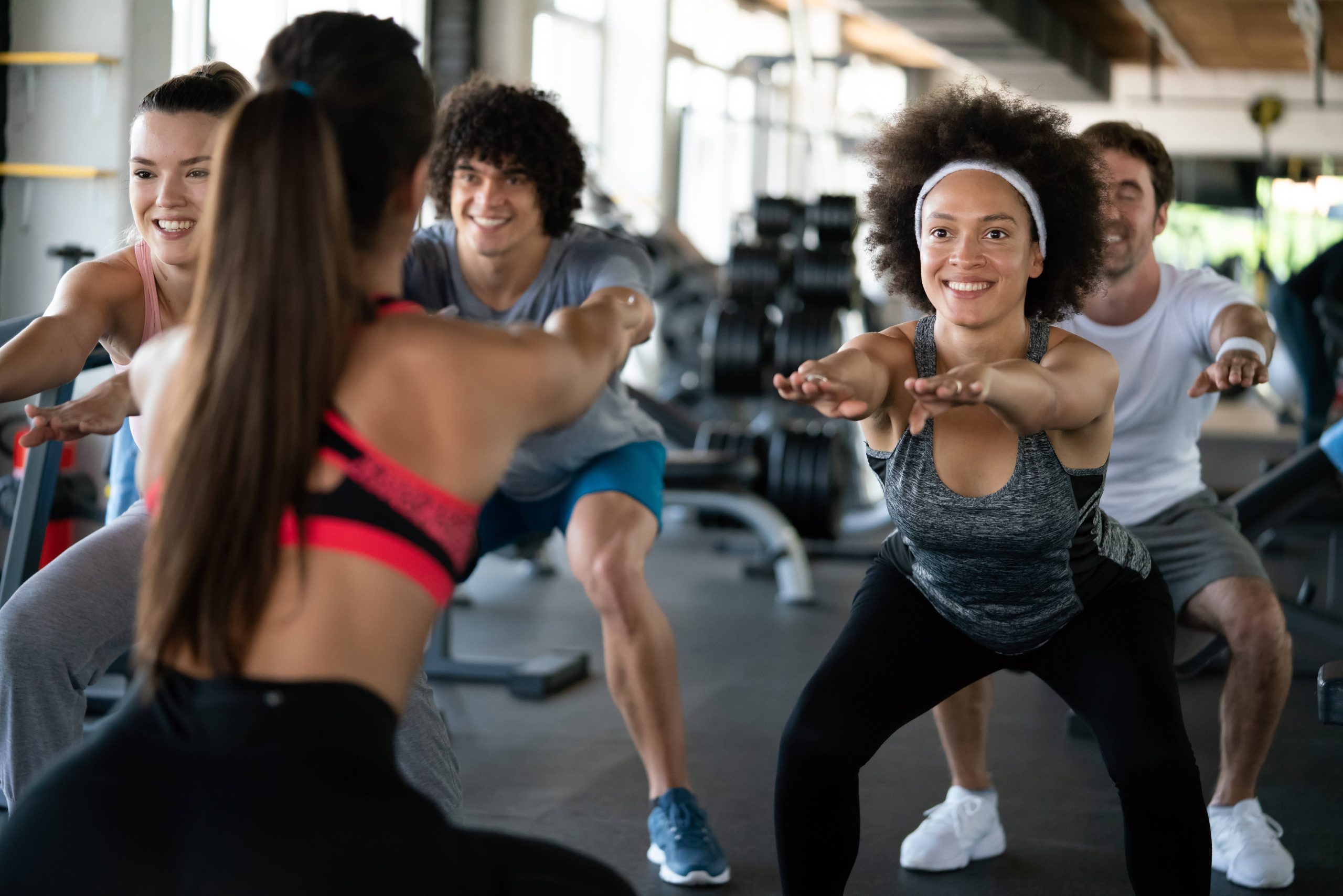
In the ever-evolving landscape of fitness and wellness, the importance of staying properly hydrated often takes a backseat to trendy workout regimes and dietary fads. Yet, the simple act of drinking enough water is potentially one of the most critical components of a successful fitness journey. A well-hydrated body not only enhances performance but also safeguards our health.
Understanding Hydration:
Before diving into why hydration is critical, it’s essential to comprehend what hydration really means. At its core, hydration is about maintaining a balance of electrolytes in the body. These electrolytes, which include sodium, potassium, calcium, and magnesium, are vital for various bodily functions. Water is the solvent that carries these electrolytes throughout the body, ensuring optimum functionality.
The Science Behind Hydration and Exercise:
When we exercise, our body temperature rises. In response, our body activates its cooling mechanism—sweating. Sweat is essentially water mixed with electrolytes, released to cool our skin through evaporation. While this process is efficient in temperature regulation, it also rapidly depletes our body’s water reserves.
Dehydration can set in faster than many realize. Just a two percent reduction in body water weight can lead to notable decreases in physical performance. This dehydration can lead to several adverse effects, such as muscle cramps, dizziness, and fatigue. Chronic dehydration, over time, can also impair kidney function and other vital systems.
The Role of Electrolytes:
Aside from water, electrolytes play a pivotal role in hydration, especially during exercise. These charged minerals help conduct nerve impulses, contract muscles, balance blood acidity, and maintain an ideal water balance. When we sweat, we lose both water and electrolytes. Drinking plain water can rehydrate us to some extent, but it does not replenish lost electrolytes. This is where sports drinks or electrolyte supplements can be beneficial, especially for those engaging in prolonged physical activities.
Benefits of Proper Hydration in Exercise:
1. Enhanced Performance: Proper hydration means that your body can function at its peak, enabling more effective workouts.
2. Temperature Regulation: Staying hydrated helps regulate body temperature, preventing overheating during exercise.
3. Improved Muscle Function: Water acts as a lubricant for muscles and joints, reducing the risk of cramps and injuries.
4. Efficient Recovery: Hydration aids in the efficient removal of toxins and delivery of nutrients to muscles, enhancing recovery.
5. Mental Sharpness: Dehydration can impair cognitive function, but staying hydrated keeps your mind sharp, aiding concentration and motivation during workouts.
Practical Tips for Staying Hydrated:
1. Start Early: Begin hydrating before you start exercising. It’s easier to maintain hydration if you start off on the right foot.
2. Listen to Your Body: Thirst is a helpful indicator of your body’s hydration needs. Don’t ignore it.
3. Plan for Your Activity: The more intense the exercise, or the hotter it is outside, the more you’ll need to drink. Tailor your hydration strategy to your workout conditions.
4. Electrolyte Balance: For longer workouts (over an hour), consider incorporating electrolyte-rich beverages or snacks.
5. Post-Workout Hydration: Rehydrate after exercising to replenish fluids lost through sweat. A good rule of thumb is to check the color of your urine; light yellow typically indicates good hydration levels.
6. Daily Water Intake: Follow the standard guideline of drinking at least eight 8-ounce glasses of water a day, but remember to adjust based on your personal activity level and environment.
Common Misconceptions About Hydration:
In the realm of fitness, a number of myths persist about hydration:
– Myth 1: You Only Need Water During Workouts: While exercise increases the need for fluids, everyday hydration is vital too, ensuring your body is prepared for physical stress.
– Myth 2: Sports Drinks are for Everyone: While beneficial for some athletes, the average person may not require the added sugars and calories in many commercial sports drinks. Consider your personal workout demands.
– Myth 3: Coffee and Tea Dehydrate You: While it’s true they have mild diuretic effects, beverages like coffee and tea can still contribute to your overall hydration.
Conclusion:
Hydration is an unsung hero in the world of fitness. By understanding the critical role it plays and adopting a proactive approach, you can unlock new heights of performance and health. Prioritizing hydration can lead to tangible benefits, enhancing not only your workouts but your everyday wellness. As you lace up your sneakers and hit the gym, remember that drinking water is not just a mundane habit—it’s a cornerstone of a thriving fitness routine.




